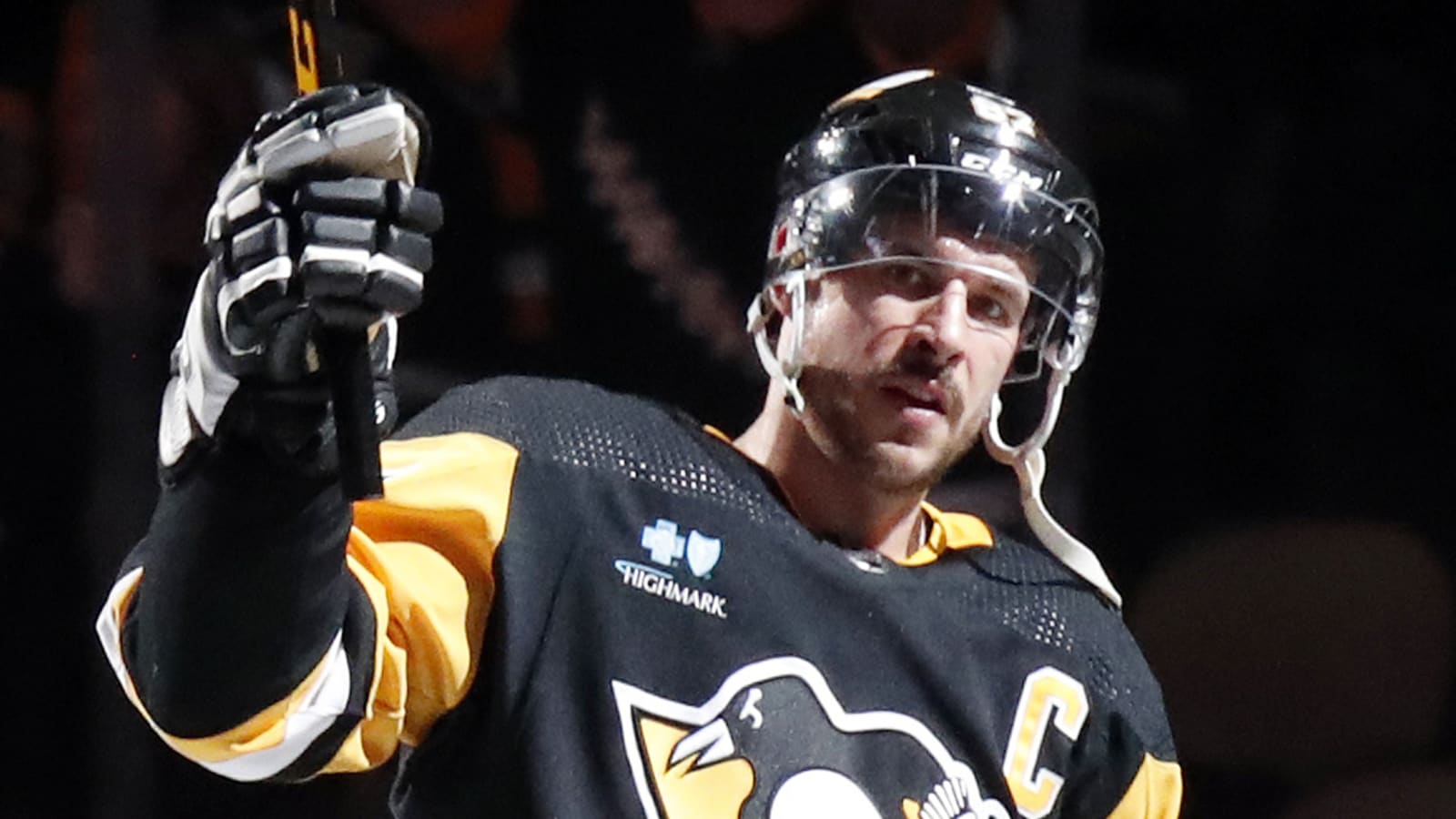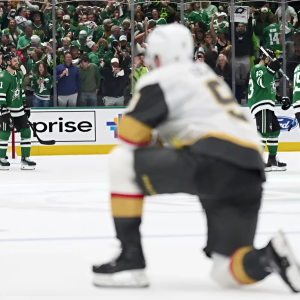It’s a somewhat common misconception that anytime a player signs a contract after age 35, they are considered to be on a 35+ contract and thus subject to all the rules that come with those.
That’s not quite true. And with Sidney Crosby and the Penguins talking about an extension this summer to start in 2025-26, it’s worth a little refresher on how those contracts work and why the rules might be a factor with the Crosby talks.

WHAT IS A 35+ CONTRACT?
A few things have to happen in order for a contract to get that 35+ designation:
• The player has to be 35 or older when the contract takes effect, regardless of when it was actually signed
• The contract has to be longer than one year.
Plus at least one of the following:
• The contract has signing bonuses after the first year.
• The contract is front-loaded in salary in the year-to-year breakdown.
On the Penguins, the only current 35+ contracts belong to Evgeni Malkin and Kris Letang, who both signed multi-year deals after age 35 that have at least one of those two structures to them.
An example of a player older than 35 who signed a contract that didn’t get that 35+ contract designation was when the Devils signed Corey Crawford to a two-year deal in 2020. Even though he was at least 35 years old and it was a multi-year deal, the salary remained consistent throughout and it had no signing bonuses. So when Crawford retired three months later, the Devils didn’t have to deal with any of the associated penalties … which I’ll explain below.
WHAT HAPPENS IF A PLAYER IS ON A 35+ CONTRACT?
First, we have to explain what happens when a player not on a 35+ contract retires while the contract is active: The cap hit goes away. There’s no penalty.
When a player on a 35+ contract retires in the midst of the contract? There’s zero relief. The cap hit remains in full for the remainder of the deal. The cap hit can’t be reduced via a buyout, either. Finally, sending the player down to the minors would only reduce the cap hit by $100,00, not the usual $1 million-plus relief that would come with sending a player down to the minors.
WHY ARE THESE RULES NECESSARY?
The rules keep teams from circumventing the cap by signing older players to long-term deals they know the player won’t actually play through.
Confused? Let’s consider a hypothetical scenario if those rules didn’t exist.
It’s January 2022, and Ron Hextall wants to re-sign 37-year-old Jeff Carter to a multi-year deal that’ll kick in the following season. Carter’s still playing really well for his role at this point, and Hextall wants to ensure Carter sticks around by making certain concessions … but Carter probably isn’t going to play more than two more years. Regardless, Carter gets a big eight-year deal worth a total of $24 million, for a reasonable cap hit of $3 million per season. While cap hits always remain constant over the course of a deal, the actual bulk of the salary is paid out within the first two years, and he’s making peanuts for the rest of it. He takes home a lot of money those first two years, the Penguins get a low cap hit because the length of the deal keeping the average annual value down … and then Carter retires two years into the deal and the cap hit goes away, because of course he wasn’t going to play all eight years.
The rules prevent anything like that from happening. Sure, a team can still front-load the salary and give the player signing bonuses throughout the contract. But a team has to do that while fully intending for the player to play out the contract, not because they’re trying to cheat the system.
HOW WOULD THIS IMPACT NEGOTIATIONS?
When negotiating the structure of any contract, players generally want a front-loaded salary — they want that money sooner rather than later.
Getting paid in signing bonuses rather than yearly salary is also hugely advantageous. When a player is scheduled to receive a signing bonus in his contract, he gets the signing bonus in full every offseason (typically on July 1). Signing bonuses are exempt from escrow payments, and guaranteed even in the event that a season is shortened or canceled, or if the player is bought out. Plus, it’s much more appealing to a player to receive a portion of his salary for the year in the form of a lump sum in July rather than spread out in weekly paychecks. Given that the percentage of salaries that goes into escrow is pretty high, getting paid in signing bonuses rather than salary can result in the actual money earned at the end of the year being higher.
From the team’s perspective, you’d like to avoid making those concessions because you don’t want to risk having a player on a longer 35+ contract. What if he suffers a career-ending injury two years into it? Yeah, you can stash him on long-term injured reserve, but teams don’t want to be stuck using long-term injured reserve because it prevents them from banking unused cap space throughout the year.
So, there’s a whole lot more that goes into talks with someone like Crosby than just figuring out the length and total value and factoring the number 87 somewhere into one of the dollar figures. The actual structure of the deal is just as important, but significantly more complicated.





